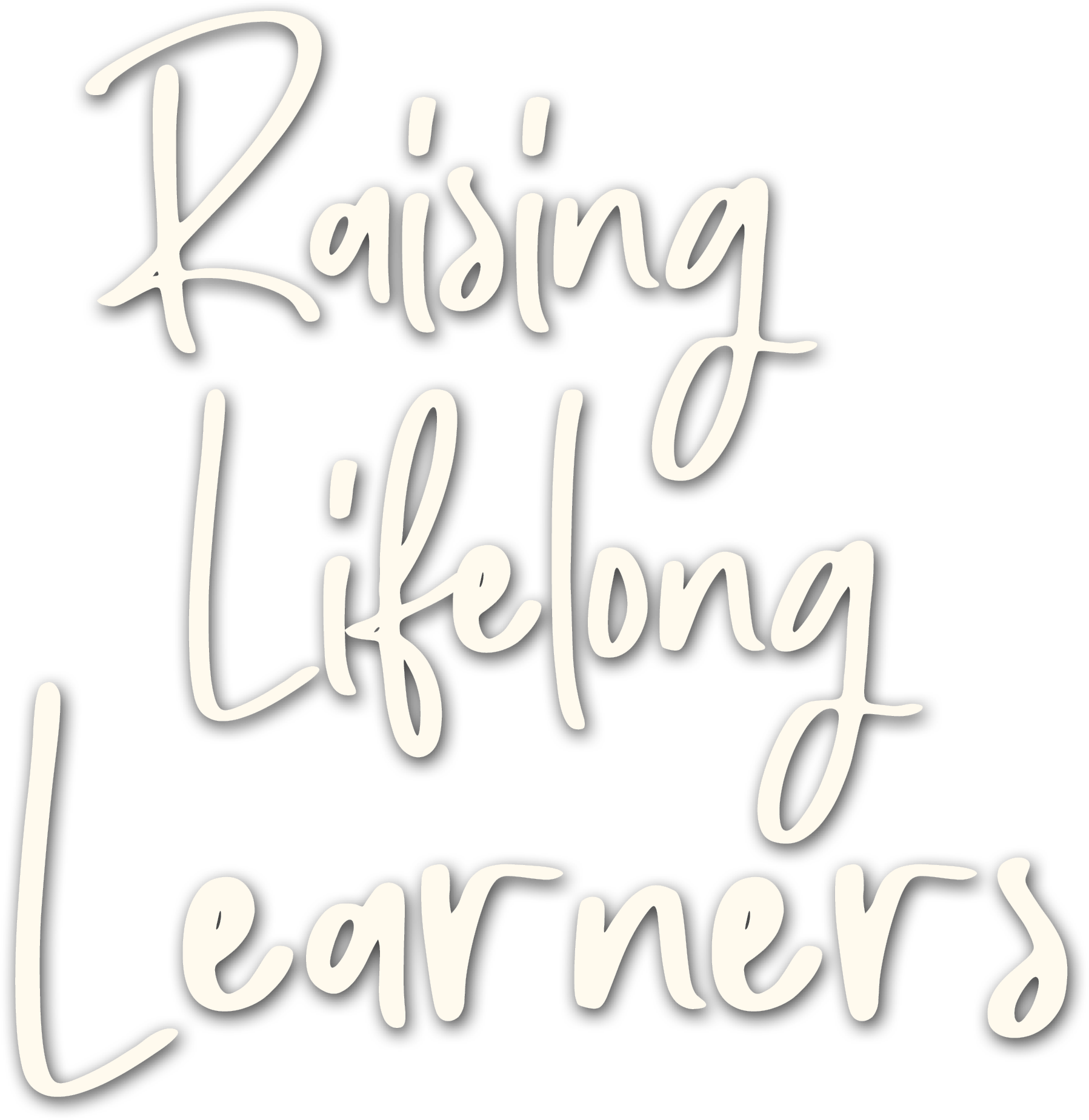
Colleen Kessler, M.Ed.
was having a conversation with an acquaintance the other day and afterward reflected on the direction it took. How harmful it must be to our kids that our natural tendency as moms—particularly homeschool moms—is to compare our lives with others!
We were at a vocal competition and sitting in the lobby waiting for our musical theater kids to finish up. The mom I was talking to took several trips to the restroom over the course of our hour-and-a-half wait. Each time, she’d come back with news about the vocals of one girl versus another or a snippet she’d heard from one of the evaluators giving feedback to someone on the stage—and then she’d make a comment or two explaining to me why our daughters would fare better than those she’d just heard. The walk to the restroom, you see, took her right past the performance rooms and their open doors. (I stayed far away from that wing of the building as I refused to hover and distract my kid—or tie myself up in knots by hearing all the amazing talent the kids in our area brought to the table… but we can talk about the right ways and wrong ways to be a stage mom another time.)
Checking in on your kiddo and hoping they’re doing their best is one thing, but analyzing how each of the other kids is doing and comparing them to your own children can be a slippery and dangerous slope. And one our kids will pick up on. It’s an easy trap to fall into when homeschooling, though, because so much is on the line.
And that can feel enormous.
But think about the effects of comparing our kids to other homeschooled children!
- Unrealistic expectations and pressure to perform which leads to stress and anxiety
- Feelings of inadequacy, as if they are not good enough
- Doubts about their abilities which leads to feeling like they aren’t living up to expectations
- Jealousy and resentment toward other kids—often friends—which leads to loss of friendships
- Feeling pressure to perform which leads to low self-esteem and a lack of confidence which leads to a poor self-image
It is important for us, as homeschooling parents, to focus on our children’s individual strengths and accomplishments rather than comparing them to others in order to build their self-esteem and foster a positive learning environment.
Comparison is bad for kids, but it’s also bad for us as parents. We end up putting unrealistic expectations on ourselves when we use other children’s achievements as a benchmark for our own kiddos’ success. We run the risk of setting expectations that are too high for our children’s abilities, causing unnecessary stress and pressure on the entire family.
Comparison creates a competitive environment that takes away from putting the focus on kids’ individual strengths and weaknesses—the very thing that makes homeschooling the incredible gift it can be. Each child is unique, and comparison-free home-schooling gives us the opportunity to tailor education to our own kids’ unique needs and interests.
Accepting our children for who they are is crucial for their mental health and well-being—and ours. Every child is unique, with their own set of strengths, weaknesses, and personality traits. When we accept our kids unconditionally, we create a positive learning environment where everyone in the family feels valued and appreciated. This can help build self-esteem, confidence, and a sense of identity.

- Understand your children’s strengths and weaknesses. As a homeschooling parent, you have the opportunity to take the time to observe and assess your children’s abilities and interests. This will help you to set goals that are realistic, achievable, and based on who YOUR children are.
- Set specific, measurable, and achievable goals. Use the SMART goal-setting method to create goals that are Specific, Measurable, Achievable, Relevant, and Time-bound. This will help you to create clear, realistic objectives for your kiddo to work toward.
- Involve your kiddos in the goal-setting process. Collaborate with your children to set goals that align with their interests and passions. This will help with their motivation and give them ownership over their learning.
- Be flexible. Be willing to adjust goals and expectations as needed. If your children are struggling or excelling in a particular area, adjust the goals accordingly to ensure that they are challenged but not overwhelmed.
- Celebrate progress and achievements. Acknowledge and celebrate your children’s progress and achievements, no matter how small. This will build their confidence and motivation to continue to work toward their goals.
- Encourage a growth mindset. Emphasize the importance of effort, perseverance, and learning from mistakes. Encourage your children to view challenges as opportunities for growth and learning instead of setbacks.
When we accept our children’s individuality and celebrate their accomplishments, we build strong and lasting relationships—the foundation of a healthy and happy homeschool. We foster self-esteem and confidence, and we encourage a lifelong love of learning.
Most of all, though, when we stop comparing and embrace the beautiful children right in front of us, we grow a stronger, closer family culture filled with great relationships. Our kids know we love them for exactly who they are and are always there for them.
And, our kids will know that when we’re sitting in the lobby waiting for them to shine in an audition, competition, or whatever it is they’re doing, we’re pulling for them and not focused on what all the other kids are doing. They’ll know that we are grateful for them no matter what the outcome is.

